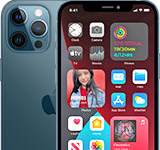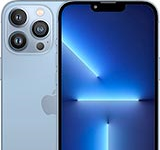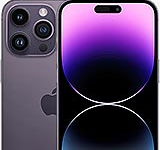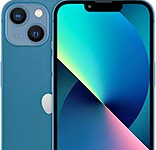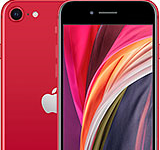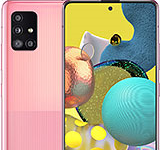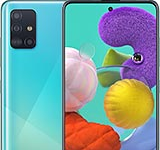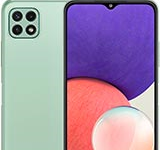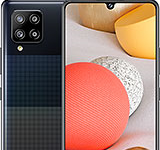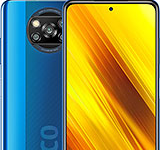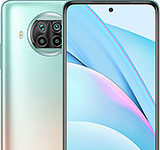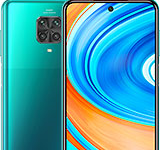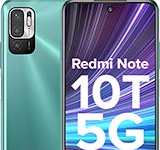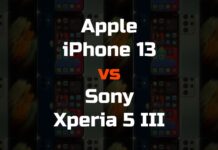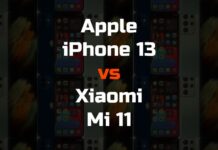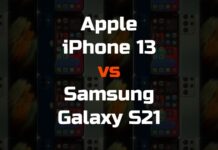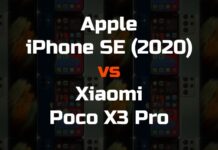Updated on November 8, 2023
Both the Apple iPhone SE (2020) and Sony Xperia 10 III are powerful smartphones that offer a range of impressive features. Let’s compare five notable features of these devices and see how they stack up against each other.
Design and Build Quality
The Apple iPhone SE (2020) features a compact and classic design with a glass front and back, encased in an aluminum frame. It weighs 148g and has dimensions of 138.4 x 67.3 x 7.3 mm.
On the other hand, the Sony Xperia 10 III boasts a sleek design with a glass front and back, along with a plastic frame. It weighs slightly more at 169g, and its dimensions are 154 x 68 x 8.3 mm.
Both devices exude elegance, but the choice between them ultimately comes down to personal preference.
Display
The Apple iPhone SE (2020) sports a Retina IPS LCD, measuring 4.7 inches, with a resolution of 750 x 1334 pixels and an aspect ratio of 16:9.
Meanwhile, the Sony Xperia 10 III boasts a larger 6.0-inch OLED display with a resolution of 1080 x 2520 pixels and an aspect ratio of 21:9. The Xperia 10 III’s display utilizes Triluminos technology, which offers vibrant colors and impressive contrast.
If you prefer a compact screen, the iPhone SE (2020) might be more suited to your taste, but if a larger, immersive display is your preference, the Xperia 10 III takes the lead.
Camera Capabilities
The Apple iPhone SE (2020) features a single 12 MP main camera, which is known for its dependable performance, delivering high-quality images. For selfies, it comes equipped with a 7 MP front-facing camera that captures sharp and detailed shots.
On the other hand, the Sony Xperia 10 III boasts a triple-camera setup on the rear, including a 12 MP main camera, an 8 MP ultra-wide-angle lens, and another 8 MP telephoto lens. The Xperia 10 III also has an 8-megapixel front camera for selfies.
With its versatile triple-camera system, the Xperia 10 III offers users more options for capturing different types of shots.
Battery and Charging
The Apple iPhone SE (2020) is powered by a Li-Ion 1821 mAh non-removable battery, which supports 18W wired charging, allowing you to reach 50% charge in just 30 minutes.
The Sony Xperia 10 III, on the other hand, comes with a larger Li-Po 4500 mAh non-removable battery. While the official charging specifications are not provided, it is reported to support 21W wired charging.
With its larger battery capacity, the Xperia 10 III is likely to offer longer battery life, making it suitable for users who prioritize extended usage without frequent recharging.
Operating System and Performance
The Apple iPhone SE (2020) runs on iOS 13, which is upgradable to iOS 16.4 and is powered by the Apple A13 Bionic chipset, offering excellent performance and a smooth user experience. It has a Hexa-core CPU and an Apple GPU (4-core graphics).
On the other hand, the Sony Xperia 10 III runs on Android 11, upgradable to Android 13, and is equipped with the Qualcomm SM6350 Snapdragon 690 5G chipset. It features an octa-core CPU and an Adreno 619 GPU.
Both devices offer impressive performance capabilities, but the choice between iOS and Android operating systems ultimately depends on individual preferences and ecosystem compatibility.
Notable Features
Key Specs |  |  |
Apple iPhone SE (2020) | Sony Xperia 10 III | |
Launch | 2020, April 24 | 2021, June 11 |
Network Technology | GSM / CDMA / HSPA / EVDO / LTE | GSM / HSPA / LTE / 5G |
Sensors | Fingerprint, accelerometer, proximity, gyro, compass, barometer | Fingerprint, accelerometer, proximity, compass |
Dimensions | 138.4 x 67.3 x 7.3 mm | 154 x 68 x 8.3 mm |
Weight | 148 g (5.22 oz) | 169 g (5.96 oz) |
Build | Glass front, glass back, aluminum frame | Glass front (Gorilla Glass 6), glass back (Gorilla Glass 6), plastic frame |
SIM | Nano-SIM and eSIM | Single SIM (Nano-SIM) or Hybrid Dual SIM (Nano-SIM, dual stand-by) |
IP Rating | IP67 dust/water resistant (up to 1m for 30 min) | IP65/IP68 dust/water resistant (up to 1.5m for 30 min) |
Display Type | Retina IPS LCD | OLED |
Display Size | 4.7 inches | 6.0 inches |
Display Resolution | 750 x 1334 pixels, 16:9 ratio | 1080 x 2520 pixels, 21:9 ratio |
Display Protection | Ion-strengthened glass | Corning Gorilla Glass 6 |
Platform OS | iOS 13, upgradable to iOS 16.4 | Android 11, upgradable to Android 13 |
Chipset | Apple A13 Bionic | Qualcomm SM6350 Snapdragon 690 5G |
CPU | Hexa-core | Octa-core |
GPU | Apple GPU (4-core graphics) | Adreno 619 |
Card Slot | No | microSDXC (uses shared SIM slot) |
Internal Memory | 64GB/128GB/256GB, 3GB RAM | 128GB/256GB, 6GB RAM |
Main Camera | 12 MP | Triple: 12 MP, 8 MP, 8 MP |
Selfie Camera | 7 MP | 8 MP |
USB | Lightning, USB 2.0 | USB Type-C 3.1, OTG, Display Port |
Battery Type | Li-Ion 1821 mAh, non-removable | Li-Po 4500 mAh, non-removable |
Fast Charging | 18W wired, 50% in 30 min | 21W wired (unofficial rating), PD, QC |
Endurance Rating (Battery) | 59h | 137h |
Colors | Black, White, Red | Black, White, Blue, Pink |
Price | $399 / €361 / £184 / C$599 / ₱26,490 / ₹42,500 / Rp5,877,353 | $746 / €469 / £239 / C$685 / ₱28,990 / ₹34,999 / Rp7,140,000 |
Full Specifications & Review |
Overall Conclusion
Both the Apple iPhone SE (2020) and Sony Xperia 10 III are solid smartphones with their strengths.
The iPhone SE (2020) offers a compact design, reliable camera performance, and seamless integration with the iOS ecosystem.
On the other hand, the Xperia 10 III boasts a larger, immersive display, a versatile triple-camera system, and a higher battery capacity.
When making a decision, consider factors such as design preferences, camera versatility, display size, operating system preference, and battery life requirements.
Ultimately, choosing between these two devices comes down to personal priorities and usage preferences.
Your thoughts are welcome. Feel free to leave any comments below.


